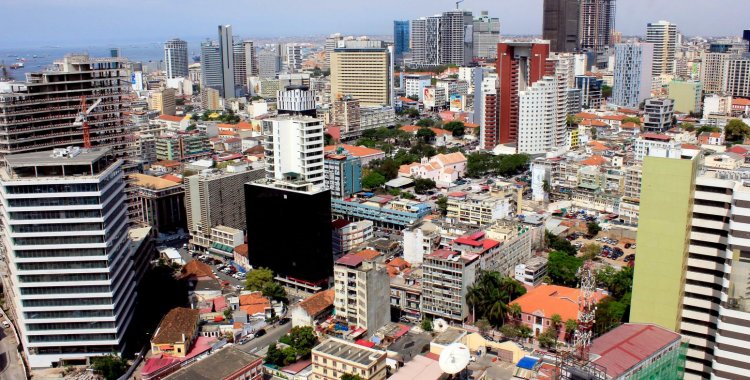According to the Bloomberg financial information agency, which cites two unidentified sources, Luanda has already decided to postpone the issuance of sovereign debt securities until September or even next year, following the fall in oil prices and the Covid-19 pandemic.
The interest rates required by investors to trade Angola's debt with a maturity of 2025 are around 23.5 percent, three times the value registered at the beginning of the month, according to Bloomberg, which writes that the financial market is, in practice, closed to African issuers due to investors' fears.
The news of the postponement comes a few days after the presidential decree that authorized the Minister of Finance, Vera Daves, to start the process of issuing sovereign debt worth up to 3 billion dollars.
That same day, João Lourenço also signed a set of measures to control the spread of Covid-19, controlling the borders by sea, land and air for two weeks.
"I think that at this time Eurobonds [foreign currency bonds] should not be issued," said the director of the investment department of Capitulum Asset Management, which manages more than 1.4 billion euros in assets, including Angola's debt.
"Angola has to wait until the markets recover and issue at normal debt levels, below 10 percent, because above that amount no country should issue debt," Lutz Roehmeyer warned.
In recent days several analysts have warned of the negative consequences for the country of the current situation of pandemic and low prices and the consequent need to revise the budget for this year given the reduction in the price of oil to around 30 dollars, which compares with an average forecast of 55 dollars per barrel included in the General State Budget.







